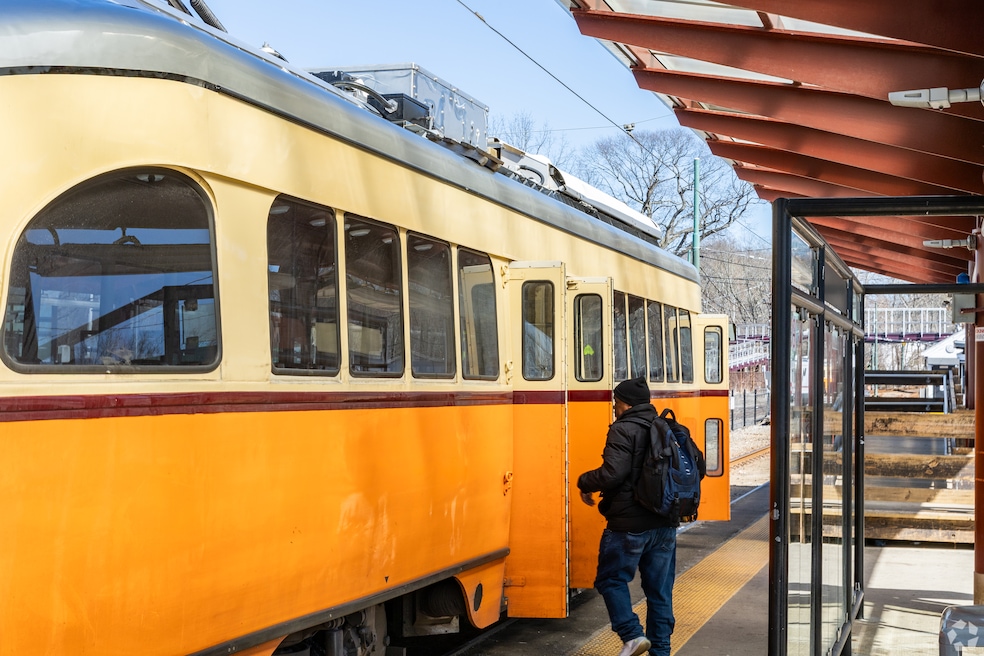A Massachusetts law that aims to grow the state’s housing supply by forcing towns to allow housing types besides single-family residences fended off its second significant legal challenge this year.
A judge in the Plymouth County Superior Court ruled Friday that the so-called MBTA Communities law is not an unfunded mandate, contrary to an opinion state auditor Diana DiZoglio issued earlier this year. The law requires towns to identify areas near subway or commuter rail stations where multifamily homes are allowed, from duplexes and townhouses to apartment buildings.
“Sky-high housing costs are hurting people and our neighborhoods and threaten the health of our economy. [The] decision makes it clear that every community needs to be part of the solution,” Rachel Heller, chief executive officer of the Bay State advocacy group Citizens’ Housing and Planning Association, said in a statement. The group filed arguments with the court supporting the state law.
Nine local governments sued the state based on the auditor’s opinion, pointing to costs they’d have to spend to update zoning codes that map out where certain housing types are permitted. The towns also said the new housing allowed under the law would lead to increased expenses for roads, schools, and police and fire services. Massachusetts has a law that prevents the state from making towns spend money if it won’t compensate them, aside from incidental administrative costs.
But Judge Mark Gildea said in his ruling that any costs the towns would suffer were speculative. The law requires towns to change their zoning, but it doesn’t mandate spending money on anything else. The law and related rules “do not compel construction, they merely encourage it,” he wrote.
State officials hope the law, whose informal name refers to the MBTA subway and bus system, will help the state make strides toward building 200,000 new homes by 2030. Three-quarters of the 177 towns and cities subject to the law have now amended their zoning to comply, Massachusetts said in a statement Monday, with more than 4,000 houses in development so far.
The state law had already survived a challenge in January to its existence. The town of Milton argued the law was unconstitutional because it let unelected state officials make housing policy, when that power should be reserved to lawmakers. The legislature did enact the law, the state supreme court said, but it left it up to hired staff to figure out how to implement it.
“Massachusetts’ housing shortage has led to unaffordable prices and rising rents, but the MBTA Communities law is working to deliver new housing where it’s needed most and to bring down the cost of housing for all residents,” Ed Augustus, secretary of the Executive Office of Housing and Livable Communities, said in the statement.

